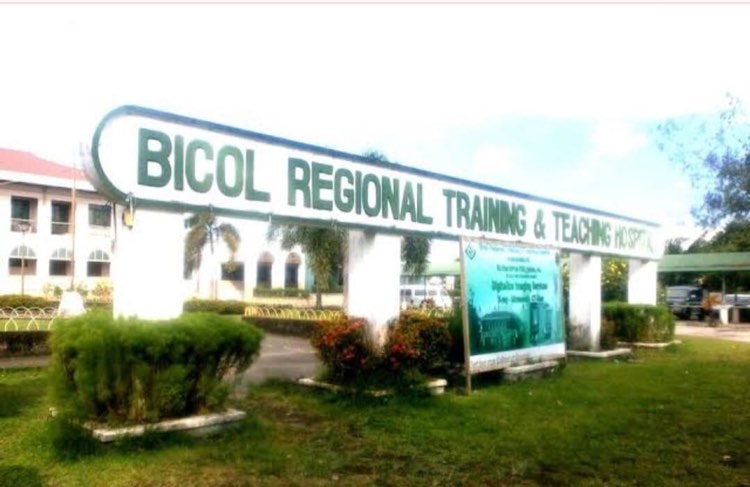The Department of Health (DoH) was hailed for its recent decision to upgrade the Bicol Regional Training and Teaching Hospital (BRTTH) in Legazpi City, Albay as one of the “specialized (medical) centers” outside Metro Manila by 2025.
DoH Officer-in-Charge Undersecretary Maria Rosario Vergeire announced last week the agency’s plan of putting up “specialized centers” in at least seven public hospitals outside of Metro Manila in the next three years to cover neonatal illnesses as well as heart, lung, kidney, and cancer diseases.
Albay Second District Representative Joey Salceda, also the chair of the Ways and Means Committee, had continuously pushed for the BRTTH expansion and modernization.
“We will keep fighting for BRTTH modernization to improve its quality and expand well-being services,” Salceda said in a statement on Monday.
He said the BRTTH, even with its limited capacity and resources in the past, has been meeting the health demands of Bicolanos and coping with the DOH mandate for it to become the primary heart, lung, and kidney center as well as cancer specialist in the Bicol Region.
BRTTHs’ recent conversion into a general and sub-specialty hospital with 800 beds was made possible by Republic 11719, which was authored by Salceda and signed into law by former President Rodrigo Duterte.
Dubbed the Philippine General Hospital of the South, Salceda said BRTTH also caters to patients from Albay, Sorsogon, Camarines Sur, Camarines Norte, and the island provinces of Masbate and Catanduanes.
He had helped equip BRTTH with vital facilities, including its PhilHealth ward; P580-million equipment modernization; P400-million trauma emergency room; P150-million Bicol Cancer Institute; P80-million magnetic resonance imaging center that is now on a dry run; P1.7- billion, 600-bed capacity building under construction; P78-million full rehabilitation from the devastation of Typhoon Reming in 2006; and its heart center.
Among the DoH’s specialized centers currently in operation are the Philippine Heart Center, Lung Center of the Philippines, National Kidney and Transplant Institute, and Philippine Children’s Medical Center, all in Quezon City.
